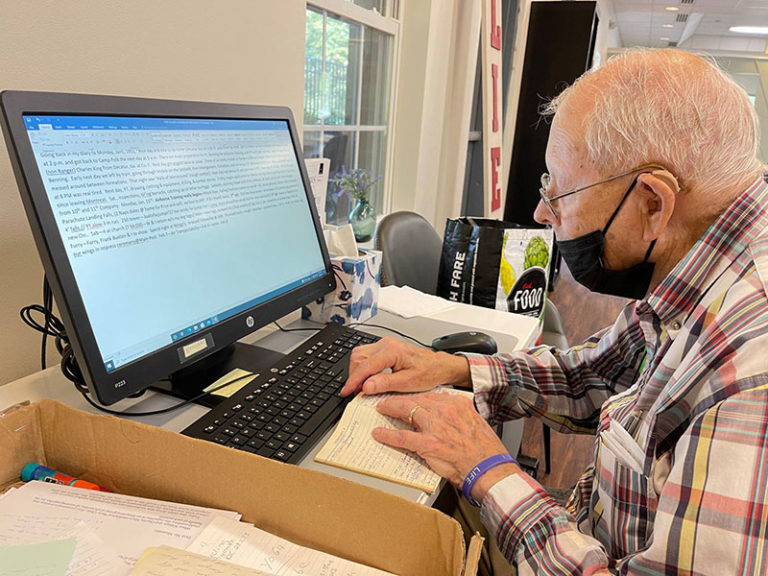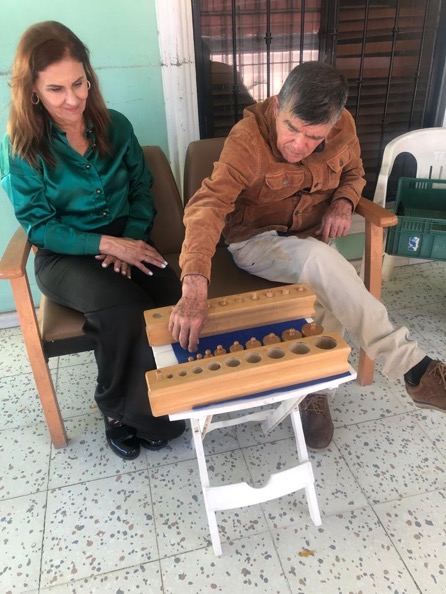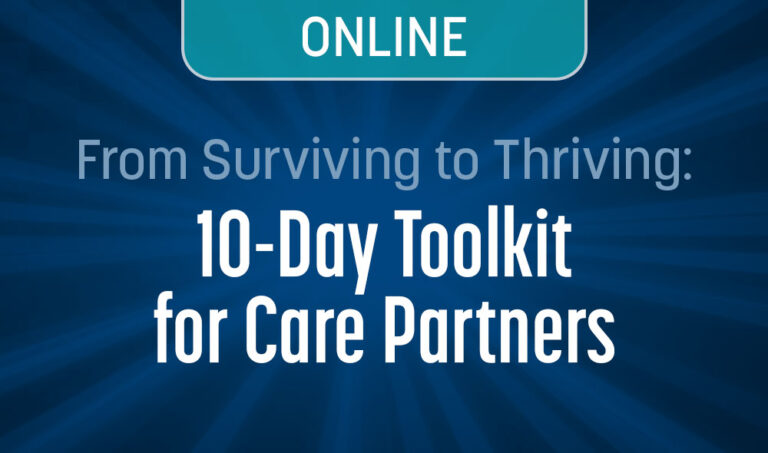First long-term Care Community in Argentina to Complete Montessori Training
Congratulations to the staff at Fundacion Nuevo Hohar LeDor VaDor for enthusiastically completing their first Montessori for Dementia workshop. Approximately 35 staff members from a large Jewish home for the aged in Buenos Aires spent time in intense training with me in September. As I reflect on my time with the staff, I can’t help but be touched by the caring and concern they expressed for the elders who live in this community.
I work with health care professionals across the globe from different cultures, levels of education, and living circumstances, but we all have one thing in common – we are all struggling to improve life for people with dementia while working within our often restrictive health care systems. We find it challenging to balance providing as many opportunities as possible to enhance quality of life while at the same time offering a safe and secure environment for elders as our regulations mandate.
Dr. Montessori stressed the importance of freedom of movement for children and saw the need to balance freedom of movement with structure in a Montessori classroom. With its established rituals and predictable environment, Montessori provides a much-needed structure for both a growing child and an older adult with dementia alike. Children are given the freedom to move around the classroom, choose where they would like to work, with whom and with what materials, as long as they do not interfere with other children’s work. This is something children learn through practice, but it can be difficult to explain to a person with dementia.
The freedom to move around while engaging in something meaningful is important and necessary for people with dementia. It helps them to maintain physical mobility, eases their anxiety and helps them generalize acquired knowledge in multiple locations and with various people. The use of visual schedules and routines greatly assists these individuals in transitions between activities and across the day. A dynamic balance between structure and spontaneity can greatly enhance quality of life.
The Montessori approach gives each person the opportunity to enjoy an enriched life. Research has provided clear evidence of increased levels of engagement in activities when Montessori approaches are implemented and associated decreases in the behaviors of unmet needs when people are actively engaged in meaningful activity. This can result in increased safety, reduced agitation and wandering, and promote improved quality of life, self-esteem and independence.
I am excited to follow the progress of the elders and staff at Fundacion Nuevo Hohar LeDor VaDor and will be sharing their story and others as a presenter at the “Montessori Aged Support Services International Conference” in Sydney, Australia from Nov. 10 – 11, 2015.





